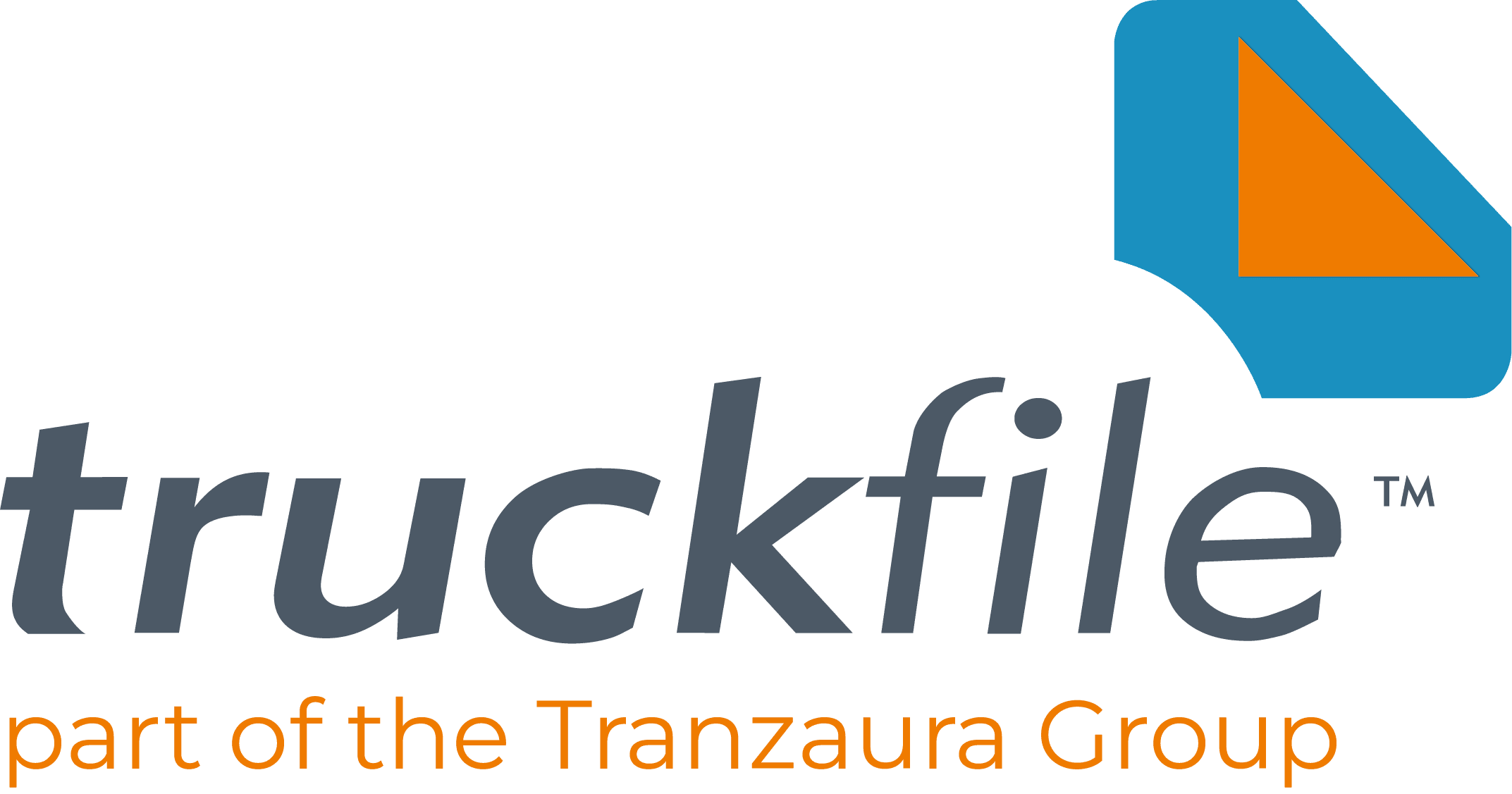Telematics is a rapidly growing technology that is revolutionising the logistics and transportation industry. But what exactly is telematics, and how can it benefit your fleet? This article will delve into the definition of telematics, its key components, and the myriad of benefits it offers.

What Is Telematics?
Telematics refers to the integration of telecommunications and informatics to provide real-time data and communication capabilities. In the context of fleet management, it involves the use of GPS technology, onboard diagnostics, and other systems to monitor and manage vehicles and assets remotely. Essentially, telematics systems collect, transmit, and analyse data from vehicles to improve operational efficiency, safety, and compliance.
Key Components of Telematics Systems
GPS Tracking: This is the backbone of telematics, enabling real-time location tracking of vehicles. It helps fleet managers monitor vehicle routes, improve navigation, and enhance route planning.
Onboard Diagnostics (OBD): OBD systems monitor the health and performance of a vehicle’s engine and other critical systems. This data is crucial for preventive maintenance and reducing downtime.
Data Communication: These systems use cellular networks, satellite communication, and Wi-Fi to transmit data from vehicles to a central management system. This real-time data transmission is vital for timely decision-making.
Software Platform: A centralised software platform collects, analyses, and displays data from all vehicles. Fleet managers can use this platform to generate reports, track performance metrics, and make data-driven decisions.
Benefits of Telematics for Fleet Management
- Improved Fleet Efficiency
Telematics provides real-time insights into vehicle location, speed, and route efficiency. Fleet managers can use this data to optimise routes, reduce fuel consumption, and improve overall operational efficiency. By monitoring driver behaviour and vehicle performance, telematics help identify areas for improvement and implement corrective measures promptly.
- Enhanced Safety
Safety is a critical concern for fleet operators. These systems enable constant monitoring of driver behaviour, such as speeding, harsh braking, and rapid acceleration. Fleet managers can use this data to provide feedback and training to drivers, promoting safer driving habits. Additionally, telematics can help in quick response to accidents and breakdowns by providing precise location data.
- Predictive Maintenance
Onboard diagnostics provide real-time data on vehicle health, allowing for predictive maintenance. Instead of relying on scheduled maintenance, fleet managers can address issues as they arise, reducing the risk of breakdowns and extending vehicle lifespan. This proactive approach to maintenance helps minimise downtime and repair costs.
- Regulatory Compliance
Telematics help fleet operators comply with various regulatory requirements, such as the DVSA Earned Recognition scheme. By automatically recording and reporting data on vehicle inspections, driver hours, and maintenance activities, telematics ensures that fleets meet all necessary regulations and standards.
- Cost Savings
By improving route planning, reducing fuel consumption, and preventing breakdowns, telematics can lead to significant cost savings. Efficient fleet management reduces operational costs and enhances profitability. Additionally, insurance companies often offer lower premiums to fleets using telematics due to the enhanced safety and risk management it provides.
Truckfile partners with LEVL to offer integrated solutions using Geotab’s industry-leading technology. Geotab provides comprehensive fleet management capabilities, including real-time vehicle tracking, detailed diagnostics, and advanced reporting features.
With Geotab’s data seamlessly integrated into Truckfile’s fleet management software, you get a unified platform that enhances your ability to monitor and manage your fleet effectively. This integration ensures that you have all the necessary information at your fingertips to make informed decisions, improve fleet efficiency, and maintain high safety standards.
Learn more about how Truckfile’s fleet management software can benefit your fleet.
